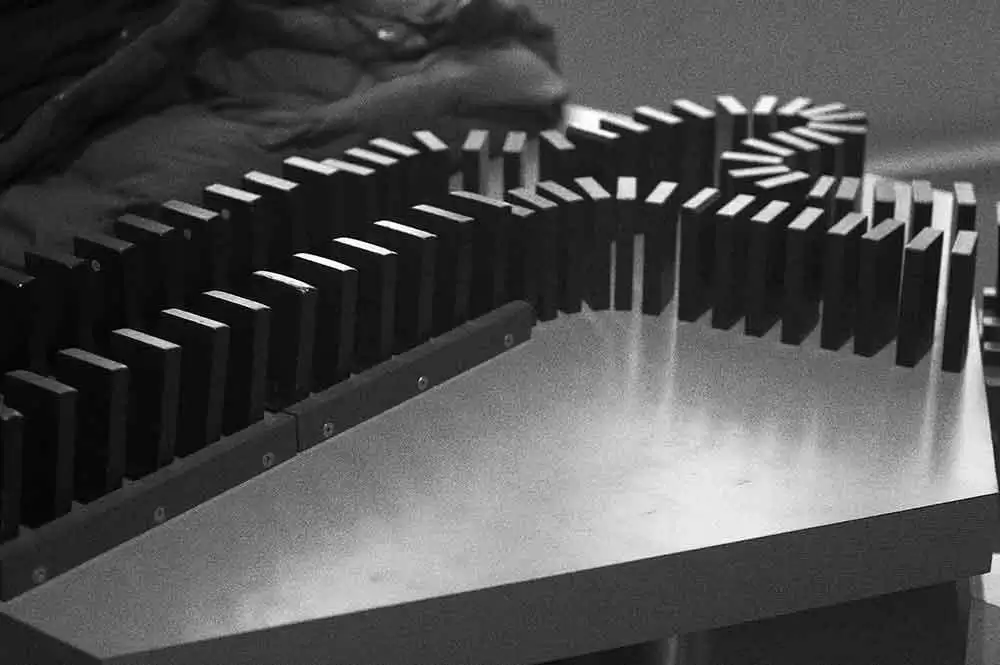
Celiac.com 09/14/2020 - Researchers understand that celiac disease is marked by robust B cell and antibody responses to gluten, and to the transglutaminase 2 (TG2) autoantigen. In contrast, non-celiac gluten sensitivity (NCGS) is marked by the absence of the physical or testable features of celiac disease. Beyond that, researchers don't know much about NCGS. There are no established biomarkers yet for NCGS, but research shows a state of systemic immune activation together with a compromised intestinal epithelium.
Researchers have been homing in on IgG antibody response to gluten as a means of distinguishing non-celiac gluten sensitivity (NCGS ) from celiac disease. A team of researchers recently set out to observed differences in the IgG subclass distribution and relationship with FABP2 release in NCGS versus celiac disease.
Celiac.com Sponsor (A12):
The team's recent paper describes a contrast in the IgG subclass distribution and relationship with FABP2 release in NCGS versus celiac disease, which, they say, demonstrates differences in the evolution and disease relevance of B cell immune responses in each condition.
Pathways involved in this process may make tempting targets for molecular therapy focused on disrupting or blocking the pathway. The team demonstrated that the anti-gluten IgG antibody in NCGS differs substantially from celiac disease in subclass distribution, and in terms of intestinal cell damage.
The data suggests a sustained primary B cell response to gluten in celiac patients, despite the condition’s chronicity, and a more advanced and less intense immune response to gluten in NCGS. Based on their data, the team is calling for further study of the evolution of gluten-reactive B cell response and subclass switching in celiac disease and NCGS.
In addition, they expect information on other aspects of B cell and antibody variability, including affinity, glycosylation profile, and epitope specificity, to improve the understanding of differences in the immune response to gluten, and its relationship with disease pathophysiology, in the two conditions.
Coupled with markers described earlier, these aspects of immune response to gluten will likely offer more biomarkers that may help to clarify potential disease subsets with varying mechanisms, prognoses, and therapeutic efficacy.
Researchers are making critical progress in distinguishing celiac disease from NCGS. Their efforts could drive breakthroughs in the diagnosis and treatment of both conditions, so their ongoing study is important.
Read more in Gastroenterology
The research team included Melanie Uhde, PhD, Giacomo Caio, MD, Roberto De Giorgio, MD, Peter H. Green, MD, Umberto Volta, MD, and Armin Alaedini, PhD. They are variously affiliated with the Department of Medicine, Columbia University Medical Center, New York, NY, USA; the Institute of Human Nutrition, Columbia University Medical Center, New York, NY, USA; the Celiac Disease Center, Columbia University Medical Center, New York, NY, USA; the Department of Medical Sciences, University of Ferrara, Arcispedale St. Anna, Ferrara, Italy; the Celiac Disease Center and Mucosal Immunology and Biology Research Center, Massachusetts General Hospital – Harvard Medical School, Boston, MA, USA; the Department of Medical and Surgical Sciences, University of Bologna, Italy; the Department of Medicine, New York Medical College, Valhalla, NY, USA.









Recommended Comments
Create an account or sign in to comment
You need to be a member in order to leave a comment
Create an account
Sign up for a new account in our community. It's easy!
Register a new accountSign in
Already have an account? Sign in here.
Sign In Now